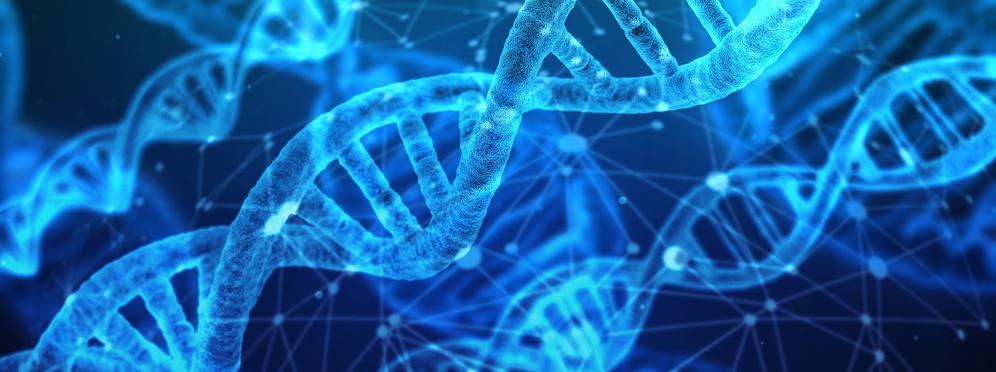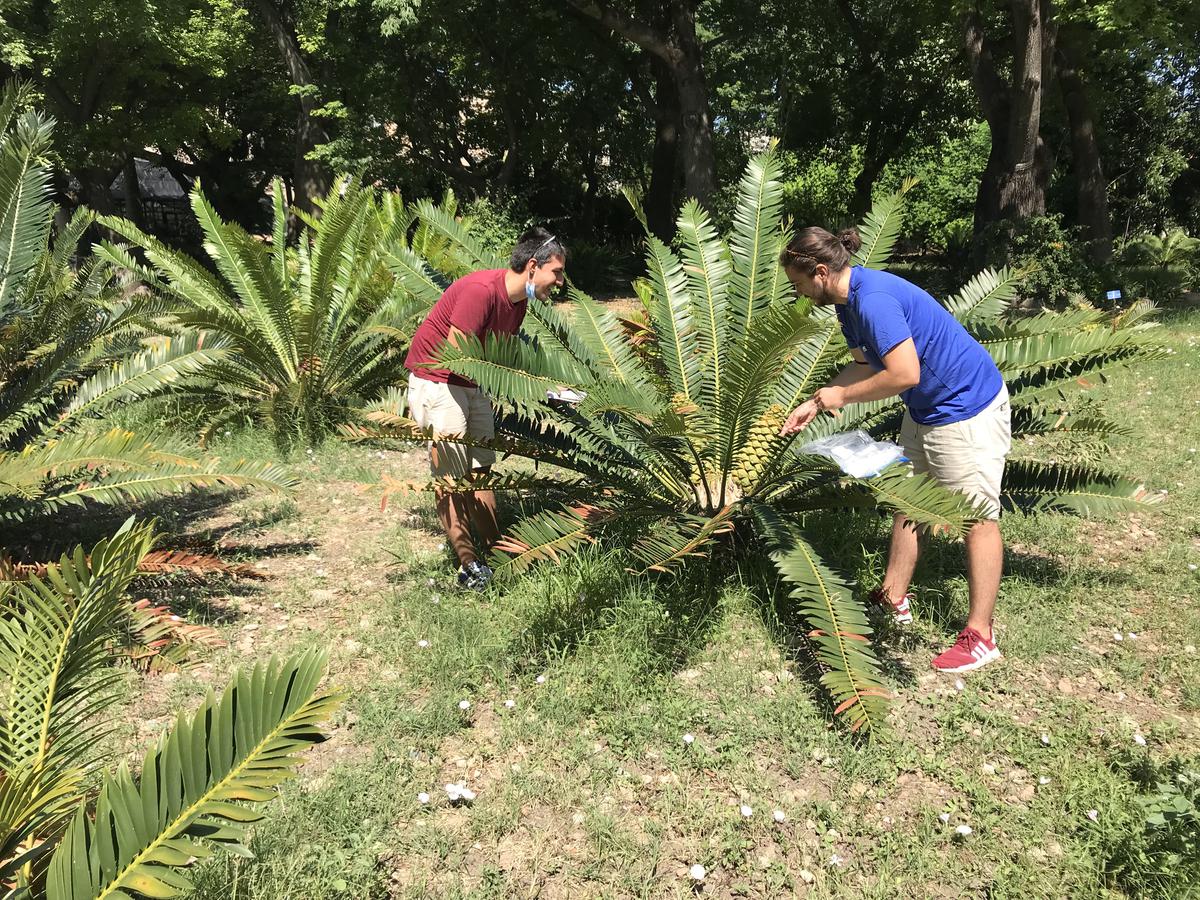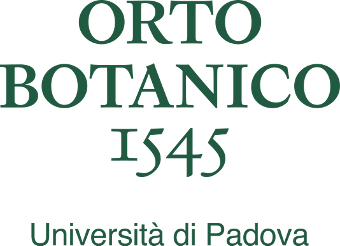Accelerated taxonomy
Research projects - Padua Botanical Garden

Never before has the biosphere, the thin layer of the Earth compatible with life, been so intensely and urgently threatened. Biodiversity is being lost locally, regionally and globally due to climate change, deforestation and land-use change.
Every year, new species continue to be scientifically named and described, while at the same time others are heading for extinction, in a constant race against time. By the time a new species is catalogued, it is often already in danger of disappearing.
In recent years, advances in DNA technology have helped accelerate the discovery and description of new species and their diversity in nature. The research aims to constitute a knowledge resource, identifying species at imminent risk of extinction and those of special importance to humanity and diversity in little known or threatened areas.
ITALIAN
DNA barcoding - Cycas
Cycas è un gruppo di gimnosperme distribuite in Australia, Africa e Asia, con molte specie elencate nella lista rossa IUCN come minacciate o in pericolo di estinzione.
Una corretta identificazione specie-specifica degli esemplari che si trovano negli Orti botanici può avere ricadute positive in termini di conservazione e di possibile reintroduzione negli habitat naturali: a tale scopo è stato applicato un approccio di DNA barcoding per caratterizzare dal punto di vista molecolare le collezioni di Cycas conservate negli Orti botanici di Padova e di Palermo e riuscire a identificare gli esemplari che risultano sconosciuti o di dubbia attribuzione.
Referenti del progetto: prof.ssa Barbara Baldan, dott. Sebastiano Nigris, dott. Niccolò Forin
In collaborazione con: Orto botanico di Palermo
Parole-chiave: Cycas, DNA, barcoding

DNA Barcoding
Il DNA barcoding è una tecnologia relativamente recente che permette di riconoscere una certa specie tramite delle specifiche sequenze di DNA. Ogni organismo, che sia animale, pianta o fungo, ha i propri “codici a barre”. Lo scopo di questo progetto è quello di preparare un protocollo e materiale multimediale per questo metodo che sia utilizzabile dagli studenti e dalle studentesse di scuole superiori e università. In questo modo si ha una maggiore interazione tra Orto botanico e territorio, fornendo il materiale vegetale agli studenti e integrando il riconoscimento morfologico delle piante con un identificatore genetico.
Referenti: Prof. Livio Trainotti, Dott. Andrea Scapin
Parole-chiave: DNA, barcoding, didattica
Fondi progetto: PNRR
ENGLISH
DNA barcoding - Cycas
Cycas is a group of gymnosperms distributed in Australia, Africa and Asia, with many species listed on the IUCN Red List as threatened or endangered.
Correct species-specific identification of the specimens found in botanical gardens can have positive repercussions in terms of conservation and possible reintroduction into natural habitats. To this end, a DNA barcoding approach was applied for molecular characterisation of the Cycas collections conserved in the Botanical Gardens of Padua and Palermo and for the identification of specimens that are unknown or of doubtful attribution.
Project contacts: Prof. Barbara Baldan, Dr. Sebastiano Nigris, Dr. Niccolò Forin
In collaboration with: Botanical Garden of Palermo
Keywords: Cycas, DNA, barcoding

DNA barcoding
DNA barcoding is a relatively recent technology enabling a certain species to be recognised through specific DNA sequences. Every organism, be it animal, plant or fungus, has its own “barcodes”. This project aims to develop a protocol and multimedia material for this method suitable for use by students in high schools and universities. Providing the plant material to students and integrating morphological recognition of the plants with a genetic identifier will strengthen engagement between the Botanical Garden and local community.
Contacts: Prof. Livio Trainotti, Dr. Andrea Scapin
Keywords: DNA, barcoding, teaching methodology
Project funded by: NRRP






